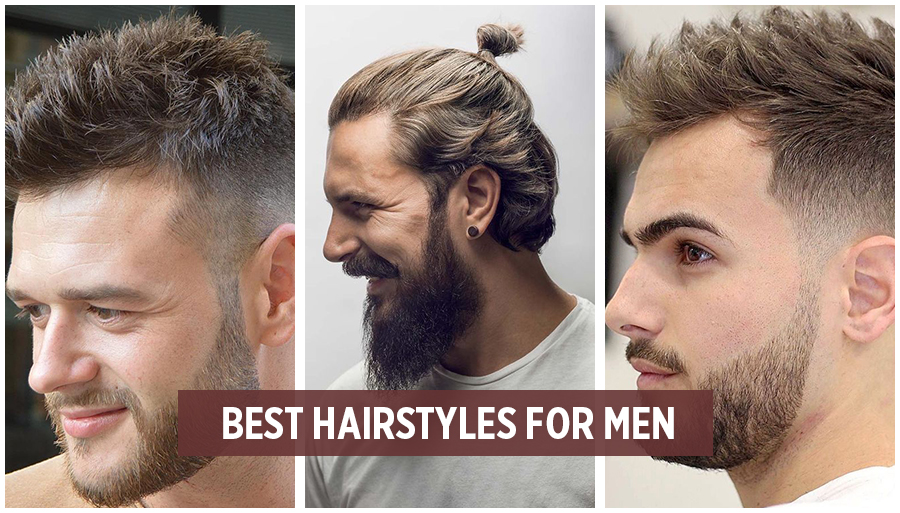Hairdressers as Artistic Curators Shaping Neighborhood Character and Connection in NYC City
Hairdressers as Artistic Curators Shaping Neighborhood Character and Connection in NYC City
Blog Article
Hair salons in NYC are not only locations to get a haircut; they serve as important cultural centers that help define neighborhood identity and foster connections among residents. These businesses have a rich heritage in city settings, acting as gathering spots where people from varied backgrounds come togetherness. In many areas, barbershops are often the initial venue where clients can participate in conversations about local issues, share stories, and build relationships. This unique role makes barbers not only talented professionals but also community curators who add to the social fabric of their communities.
The atmosphere in a barbershop is often vibrant and inviting, creating a setting where people feel comfortable expressing themselves. Barbers are known for their skill to engage with patrons, often participating in discussions that range from sports to current events. This engagement helps to create a feeling of belonging among clients, as they discuss their experiences and perspectives. In many cases, barbershops mirror the cultural diversity of the neighborhoods they serve, displaying different haircuts, grooming methods, and even music that resonate with the local community. This social exchange enhances the experience for everyone involved and bolsters community ties.
Barbershops also have a key role in maintaining cultural traditions. Many barbers have been trained in particular techniques that are transmitted through generations, ensuring that unique styles and practices are not lost over time. For example, certain haircuts and grooming methods may be tied to cultural heritage, allowing individuals to express their identity through their appearance. By maintaining these traditions, barbershops help to keep cultural stories alive, providing a feeling of pride and connection for local members.
In furthermore to their cultural importance, barbershops often participate in community service and assist local causes. Many barbers take an active role in addressing social issues, such as education and health awareness, by hosting events or providing resources to their patrons. This engagement shows a dedication to the health of the community and fosters a sense of responsibility among barbers. By using their platforms to promote positive change, barbershops become essential players in the local area, further reinforcing their role as community curators.
Overall, barbershops in New York City serve as essential places for cultural interaction, community development, and identity creation. They provide a distinct environment where people can connect, share, and celebrate their diverse backgrounds. As community curators, barbers not only influence the way clients show themselves but also affect view it now the broader social dynamics. By understanding the importance of these establishments, we can appreciate the essential role they have in building connections and preserving cultural heritage in urban settings.